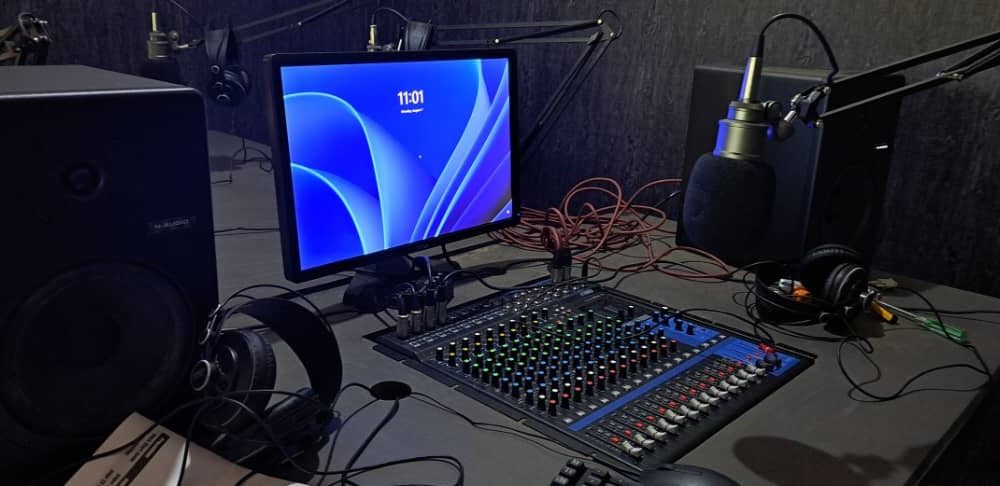By Charles K Mark
Community Empowerment for Progress Organization (CEPO) is set to hand over two community radio stations in Morobo and Lainya counties of Central Equatoria State.
The two community radios are Iyete FM 87.7 in Morobo and Unity 100.8 FM in Lainya county, which will be handed over today (Friday) and Saturday, respectively.
Edmund Yakani, the Executive Director of CEPO, said the two FM radios were established in partnership with the International Organization for Migration (IOM) with support from the Multi-Donors for Reconciliation and Resilience Trust Fund (RSRTF).
“Community radios are one of CEPO’s strategies for building and empowering communities to be able to access information, make analysis, and come up with recommendations that will make a better South Sudan,” said Yakani.
The radio frequencies cover all payams of Lainya and Morobo counties, extending up to Yei, Kajo-keji, Koboko, and the Democratic Republic of Congo, according to the rights activist.
“These radios are expected to reach more than 1,000 listeners daily,” Yakani exclaimed.
Through community radio stations, listeners in remote rural areas can hear news, practical information, and the views of their neighbors.
They often give isolated villages (many of which are not reached by public and commercial radio stations) a means of education, self-expression, and communication while also promoting the community’s history, music, and oral traditions.
CEPO’s boss expressed that it is expected that the two community radios will promote peaceful co-existence and social cohesion through dialogues, round table discussions, radio talk shows, and other forms of open discussion in Morobo and Lainya counties.
“Be proactive in managing and sustaining Unity and Iyete FM community radios,” Edmond Yakani reverberated.
He urged the state and national governments to protect and support the community radios in order for them to efficiently and effectively provide the most needed information to people at the grassroots.
CEPO’s executive director called on development partners like IREX, USAID, and UN agencies such as UNESCO, UNDP, UNMISS, and IOM to contribute to the sustainability of non-profit community radios in South Sudan.
According to research, community radio projects provide opportunities for community members to learn new skills, thus improving their prospects for employment.




